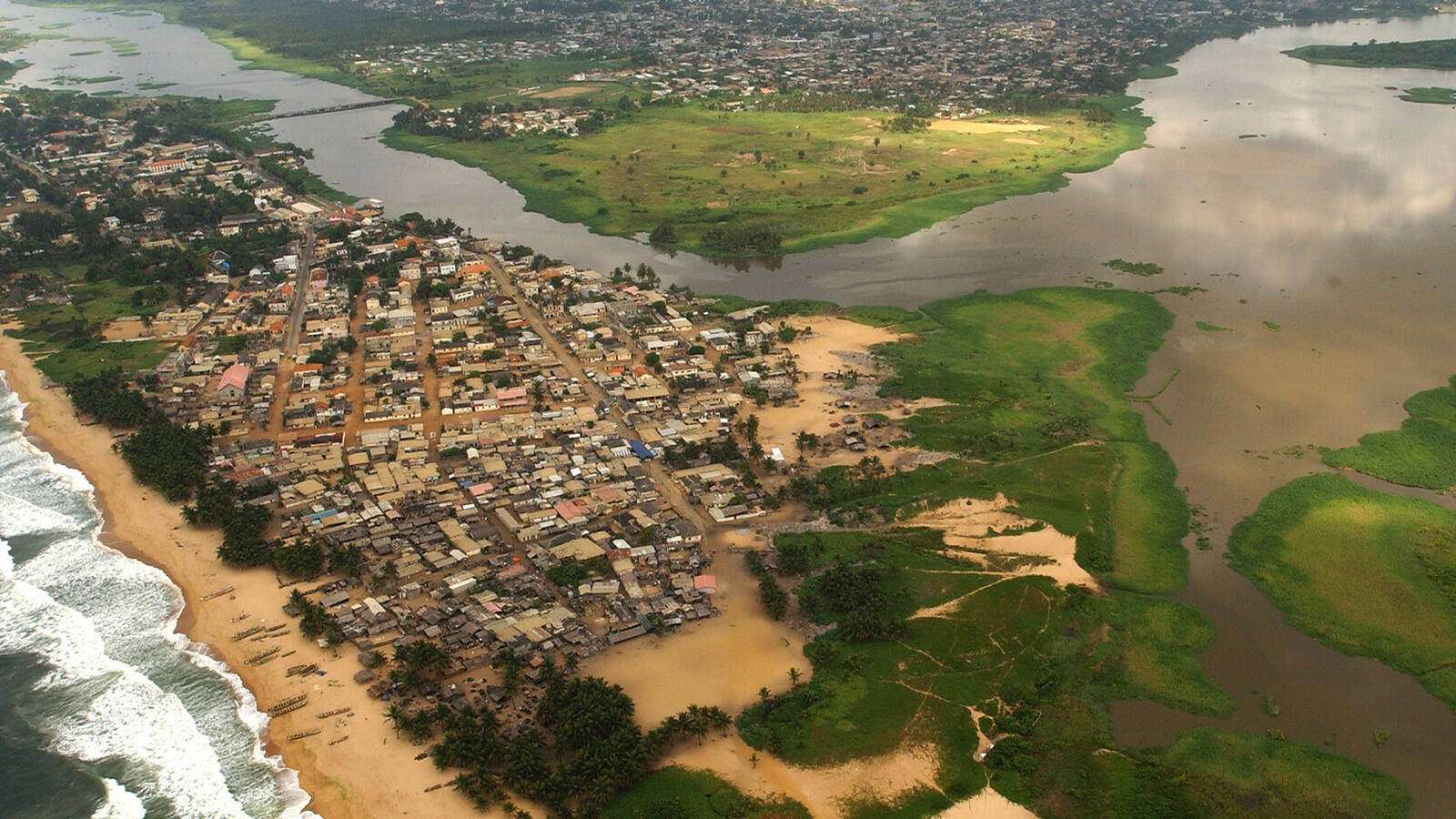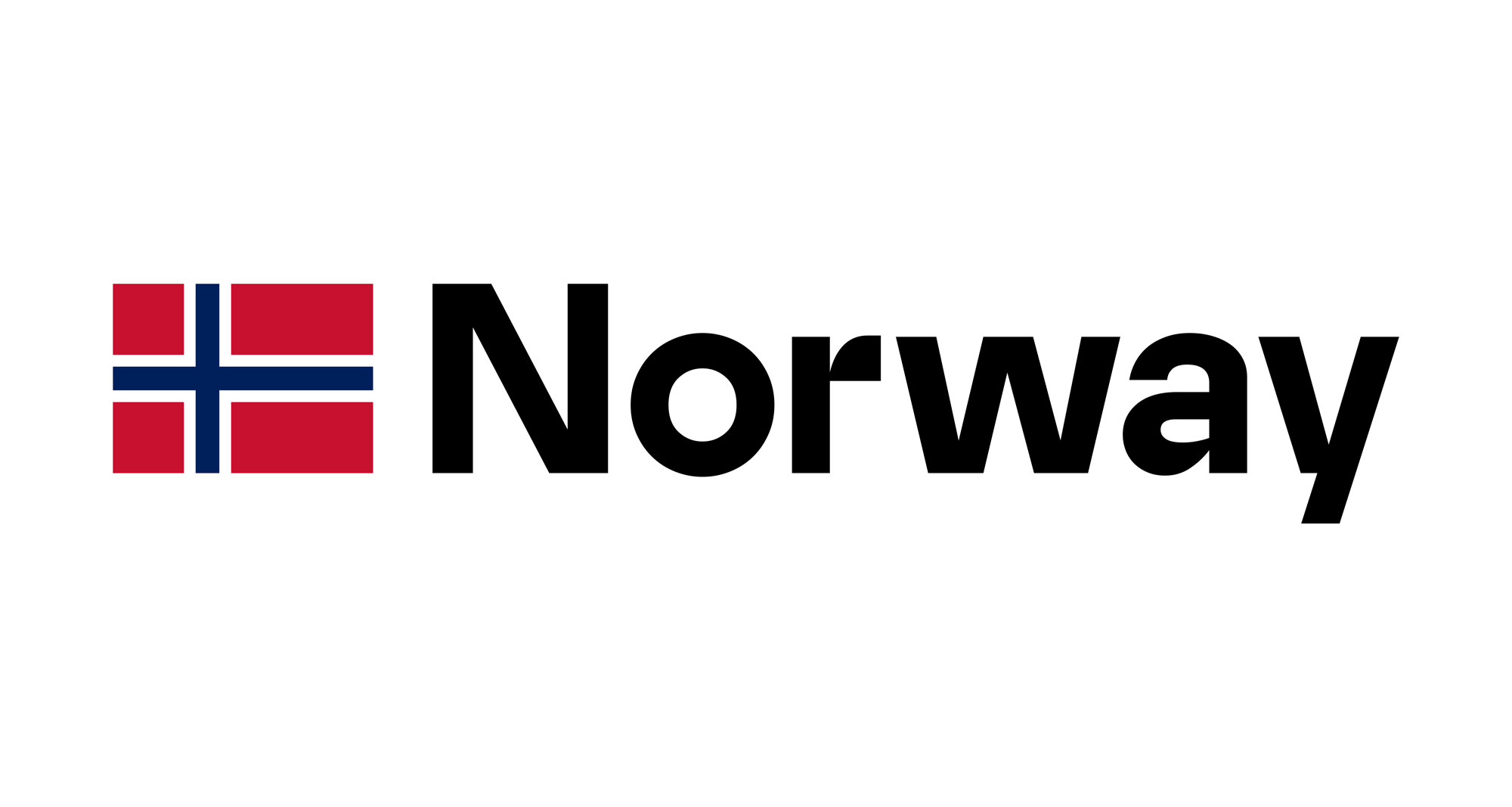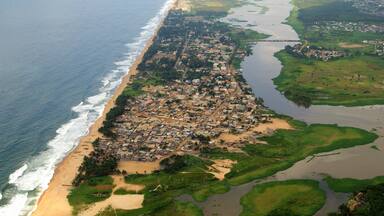Following the October 2019 floods that had invaded the main arteries of the Historic Town (residential, administrative and commercial areas) as well as the N'zima village which suffered the heaviest toll, an emergency mission, which was financed by UNESCO’s Heritage Emergency Fund was deployed from 25 to 30 November 2019 in order to assess the damage and define the safeguarding measures to be taken.
The Historic town of Grand-Bassam was inscribed on the World Heritage List in 2012. First colonial, economic and judicial port capital of the country, from the late 19th century to the first part of the 20th century, the Historic Town of Grand-Bassam is a colonial urban example that bears witness to the complex social relationships between Europeans and Africans, and to the subsequent independence movement.
It embodies, on the one hand, colonial architecture and town planning, based on the principles of functionalism and hygiene of the time, and adapted to climatic conditions, and, on the other hand, a N’zima fishermen village which demonstrates the permanency of indigenous cultures.
Objectives
In order to respond to the various decisions and recommendations made by UNESCO and in prevention of other climatic disasters, this project aims to implement measures in order to ensure sustainable management of the attributes that contributed to the inscription of the Historic Town of Grand-Bassam. This will be done through the preparation of a complete inventory and a cadastral plan of the property, and the updating of the conservation and management plan. More specifically, it will respond to the following objectives:
A complete inventory and cadastral plan of buildings and undeveloped lots;
Mapping of damaged and priority intervention areas;
Update of the management and conservation plan by including a risk and disaster management plan in an inclusive and participatory manner;
Monitoring of reconstruction and/or restoration work carried out on the damaged buildings;
Communication and public awareness (training of guides and the population in the values (VUE) of the property and in risk management, publication of an Intervention Guide, organization of a worksite-school ‘Young people in the professions of heritage’).
Progress made
- Emergency mission report finalised
- Report, emergency response plan + project presented to the Vice-President of Côte d'Ivoire
- Updating of the Management and Conservation Plan and inclusion of a Risk and Disaster Management Plan: Since August 2020, the UNESCO Office in Abidjan, in collaboration with the Ministry of Culture and Francophonie and the Grand-Bassam Town Hall, has initiated "Les rencontres de Grand-Bassam" to enable exchanges between all stakeholders of the historic town of Grand-Bassam, namely private owners, the local management committee, the Building Permit Commission, as well as the private and public sectors. The meetings with the Abouré, Ehè and Nzima Kôtôkô communities, the inhabitants of the Historic City, NGOs took place in February 2021. These meetings not only allowed to take stock of the old conservation and management plan, but also to collect proposals for a new, more operational and inclusive management and conservation plan.
- A participatory and inclusive workshop for the revision of the conservation and management plan, including a risk and disaster management plan, was organised in March 2021.
- Finalisation of the inventory + register: A consultant has been recruited and is leading a multidisciplinary team for the inventory of the cultural heritage of buildings of heritage interest and undeveloped spaces in the historic town of Grand-Bassam. A session to present the results of the work took place on Thursday, January 7, 2021. This activity also included the mapping of damages and priority intervention areas.
- Training of guides, sensitization of the population: A working session with the Director in charge of Tourism in Abidjan was held on 22 December 2020, to exchange on the content of the training. A module is being developed for the training of guides in March/April 2021.
- Engagement of the government of Côte d'Ivoire:Following her recent appointment in April 2021, the new Minister for Culture and the Arts and Entertainment Industry, H.E. Ms Harlette Badou N’GUESSAN KOUAME met with the Head of UNESCO's Abidjan Office on Monday 03 May 2021. It was an opportunity to reaffirm the commitment of the government to the conservation of Grand-Bassam to discuss notably the management of the Historic Town of Grand-Bassam and the ongoing work of opening the mouth of the Comoé river. It was followed by a joint visit to Grand-Bassam on Monday 10 May 2021 to take stock of the state of the project to inspect the progress of the work of opening the river mouth. It should be noted that the works of the opening of the Comoe river mouth are very advanced and UNESCO requested during this visit a meeting with the management structure, which was also requested by the World Heritage Centre and the Advisory bodies. A meeting is likely to be possible in mid-June 2021.
- Update and revisions of the Management and Conservation Plan and the inclusion of a risk and disaster management plan:The new management plan, including the risk and disaster management plan strategy, was presented to all the stakeholders in charge of the Historic City of Grand-Bassam in July 2021 with a view to its finalization. The new draft Plan was submitted to technical review by ICOMOS in November 2021, which was provided in January 2022. The authorities of Côte d'Ivoire are integrating the recommendations and updating the Management and Conservation Plan to be completed by June 2022.
- Finalization of the inventory + cadastre: The inventory has been finalized and the inventory validation workshop was held in July 2021. A proposal for the cadastral plan based on the results of the inventory is finalized. This inventory also allowed to undertake a mapping of damages and priority intervention areas.
- Training of guides & public awareness: Participants were identified in the communities and the modules for the training of the guides are now available. 20 young people (women and men) from the different communities of Grand-Bassam were trained on tourist guiding on July 01,2021. The community awareness campaign was carried out with the help of an artist/comedian in order to contribute to improve the knowledge of the property;
- The report on the follow-up of the restoration works of the Maison du patrimoine (Ex-hôtel de Douane et Poste) was produced by architects and and transmitted by the Cabinet d'architecte Coffi & Diabaté Group. These works have also been examined in a technical review by ICOMOS provided in April 2022.
- In order offer proper guidance to public and private owners, it is foreseen to update and publish the intervention guide "Grand-Bassam - Intervening on the historic site: advice and prescriptions" developed by CRAterre
This project contributed to the achievement of the Sustainable Development Goals (SDGs), specifically Targets 11.3, 11.4, 11.5 and 11.b of SDG 11 (Make cities and human settlements inclusive, safe, resilient and sustainable).
-
Partners
- National: Ministère de la Culture et de la Francophonie, Mairie de Grand-Bassam, Secrétariat Exécutif/Maison du Patrimoine, Comité local de gestion, Commission des permis de construire, State party of Côte d’Ivoire;
- International: UNESCO Office in Abidjan, UNESCO World Heritage Centre
This project is made possible thanks to the financial support of
the Norwegian government.


